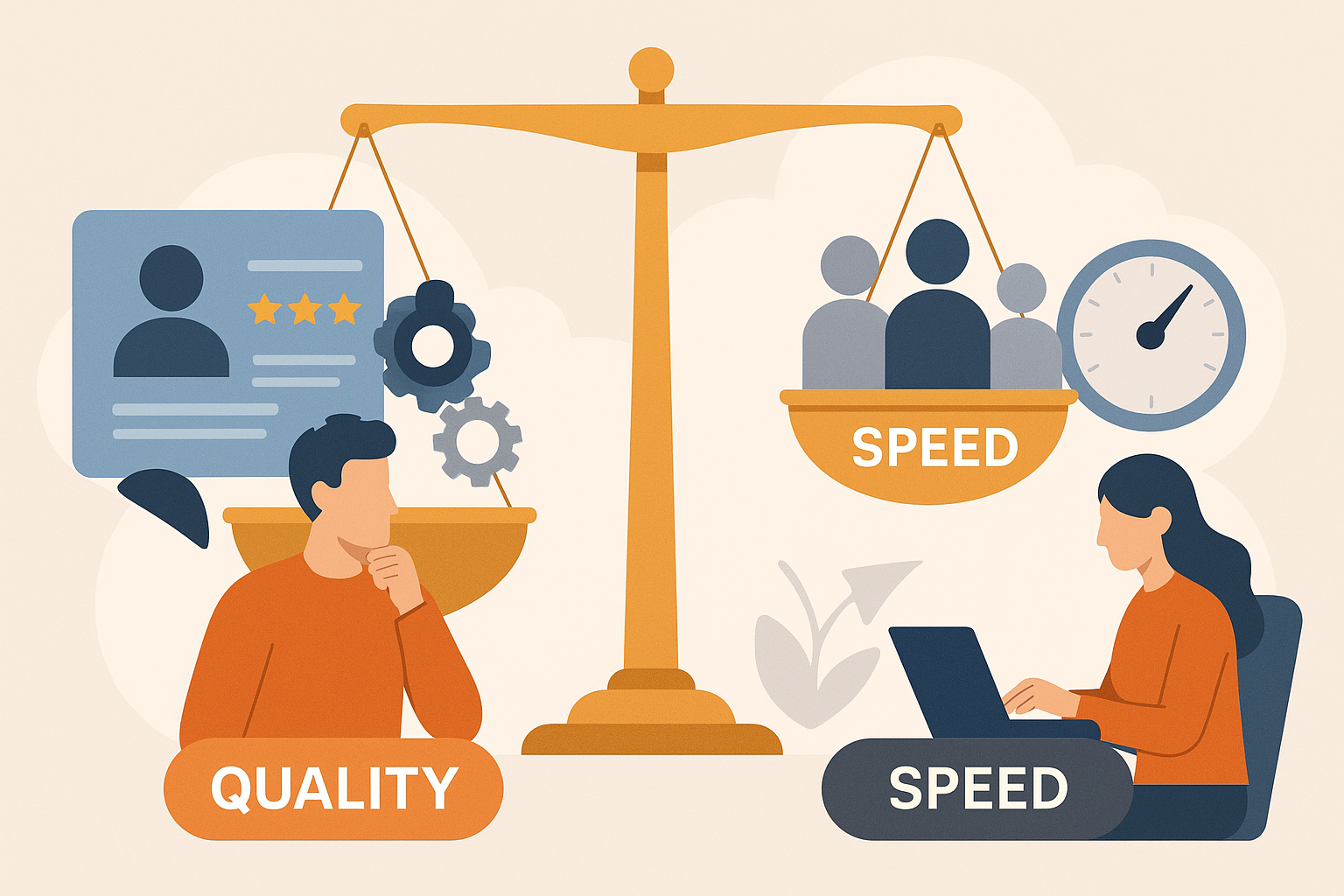With the relentless evolution of technology, Artificial Intelligence (AI) is not just a catchphrase but an imperative tool transforming Customer Relationship Management (CRM) systems. Companies that integrate AI into their CRM are not only enhancing their operational efficacy but are also setting new benchmarks in personalized customer engagement and sales performance analysis. Here, we delve into AI’s transformative role in CRM and how it drives focused sales analytics for effective business outcomes.
AI: The Cornerstone of CRM Revitalization
Artificial Intelligence is paving the way for a seismic shift in CRM functionalities. Its integration simplifies process automation, propels predictive analytics, and ensures personalized customer experiences at scale. The power of AI lies in its ability to process vast datasets, extracting insights that were once beyond reach.
Key Strategic Shifts:
- Predictive Analytics:
AI ushers in the capability to anticipate revenue trends and improve customer satisfaction through predictive analytics. This goes beyond traditional analysis, offering predictive lead scoring that is both precise and insightful. - Automated Lead Scoring:
Say goodbye to instinct-led lead prioritization. With automated lead scoring, AI evaluates leads based on real-time data analytics, optimizing sales teams’ focus on leads with higher conversion probabilities. - Personalized Interactions:
AI tailors interactions to each customer, significantly increasing engagement and conversion rates. This personalized approach ensures every communication is relevant and impactful.
Leveraging Sales Performance Analytics
Sales performance analytics, fueled by AI, are at the heart of a futuristic CRM strategy. These analytics shed light on the true drivers behind sales success, allowing businesses to refine their operational approaches strategically.
Core Elements of Success:
- Data-Informed Decisions:
Through sophisticated statistical analyses, AI predicts buyer behavior, allowing CRM strategies to be tailored to specific customer needs and preferences. - Timely KPI Monitoring:
Real-time monitoring of key performance indicators (KPIs) reveals weaknesses in sales funnels, helping teams optimize resource allocation and strategy execution. - Feedback Mechanisms:
AI encourages continuous improvement by integrating feedback loops that align CRM strategies with evolving market dynamics and customer expectations.
Implementation Best Practices
Successfully incorporating AI into CRM systems, especially to boost sales analytics, requires a strategic, methodical approach:
- Set Defined Objectives:
Clearly outline what you aim to achieve through AI and analytics within CRM, ensuring objectives are measurable and aligned with broader business goals. - Ensure Seamless Integration:
Choose AI tools that can seamlessly integrate into your existing CRM framework to enhance your return on investment. - Prioritize Data Quality:
High-quality, well-managed data is critical for AI success. Implement strong data governance practices to maintain the integrity and accuracy of your insights. - Promote Interdepartmental Cooperation:
Fostering collaboration among IT, sales, and marketing departments is essential to align AI initiatives with overarching business objectives. - Foster a Learning Environment:
AI-driven CRM is continuously evolving. Encourage teams to stay updated with the latest AI advancements and integrate them into their strategic plans.
A Logical Next Step for Your Business
Embrace the full potential of AI by exploring how it can transform your lead management process and significantly enhance sales performance. Experience firsthand the benefits of AI-powered CRM solutions. Explore ProPair’s AI Solutions and Transform Your CRM →
FAQ
What is predictive lead scoring, and how does it benefit sales?
Predictive lead scoring uses AI to evaluate leads based on data analytics, improving the accuracy of sales forecasting and increasing conversion rates.
How can AI improve customer interactions?
AI enables personalized interactions by tailoring communications to individual customer preferences, enhancing engagement and satisfaction.
What are CRM feedback loops, and how do they work?
Feedback loops in CRM systems are continuous improvement processes where strategies are regularly updated based on customer feedback and market changes.
Why is data quality vital in AI-driven CRM?
High-quality data ensures that AI insights are accurate and reliable, providing a solid foundation for decision-making and strategic planning.
How important is interdepartmental collaboration in AI integration?
Collaboration among departments ensures that AI implementation is aligned with organizational goals, enhancing overall project success and ROI.
Related Reading
- Predictive Lead Scoring for Enhanced Sales Outcomes
- Integrate AI and Automation for Superior Lead Management
Explore these resources to dive deeper into leveraging AI for more effective CRM strategies and amplified sales performance.



